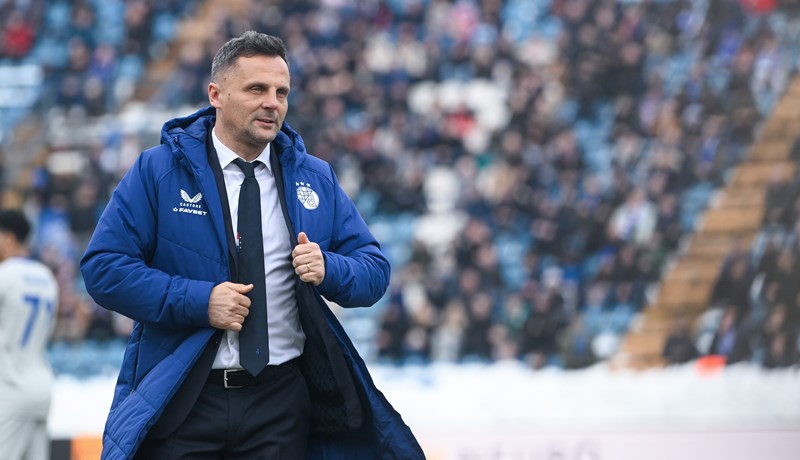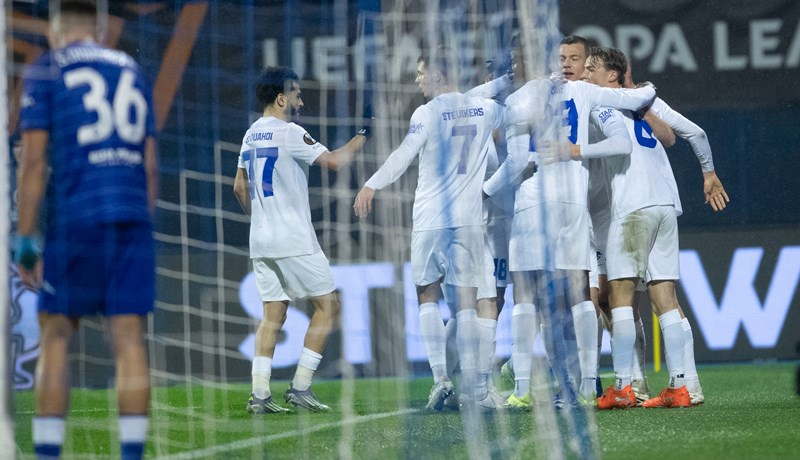BUENOS AIRES, March 29 (Reuters) - Argentina's most notorious soccer hooligan turned himself in on Thursday after three weeks on the run from a four-year sentence for crimes related to a 1999 stadium battle.
Rafael Di Zeo, leader of the La Doce (The 12th Man) fans of Boca Juniors, turned himself in at the Federal Police Investigations Superintendency in Buenos Aires, a judicial source told Reuters.
Dozens of Boca fans gathered outside the police building to cheer Di Zeo, who will be transferred to a high security prison to serve his sentence for a weapons-related crime.
The conviction stems from a clash between La Doce and fans of Chacarita Juniors during a training match in 1999 in the Bombonera stadium.
The sentences against Di Zeo and five other La Doce members -- all but one has turned himself in -- are seen as a test for a justice system trying to crack down on a wave of stadium violence.
Argentine judges hand down preliminary convictions and the convicted criminal is often freed until a higher court confirms the sentence.
After a superior court upheld the La Doce sentences early in March the six men went into hiding while their lawyers tried unsuccessfully to appeal.
WANTED FOR OTHER CRIMES
Di Zeo, 45, took over La Doce's leadership from Jose Barrita, who was found guilty of the 1994 murder of two fans of River Plate, Boca's bitter rivals.
White-haired Di Zeo is a well-known figure in Argentina. News of his conviction and subsequent disappearance have hung over the soccer season and landed him on newspaper front pages.
Only weeks ago, he posed on a magazine cover alongside a fancy sports utility vehicle and a bikini-clad woman.
During matches, television cameras often focus on his group in the stands, and when he and the other convicted members of the group went underground, cameras focused on the empty spot kept there for them.
Di Zeo, a Buenos Aires municipal employee, had boasted in the past that justice could not catch up with him because he had the phone numbers of the most powerful people in the country.
He also boasted of teaching hooligans in other Latin American countries how to organize.
Many organized hooligan groups in Argentina make money from extortion, threatening clubs with violence or mayhem unless they get kickbacks.
![[UŽIVO] Rijeka u završnici poluvremena ostala bez isključenih Petroviča i trenera Sancheza!](/photos/_resized/522/62/0000000000522622_400_230_cut.jpg)



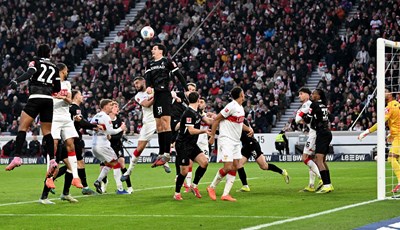
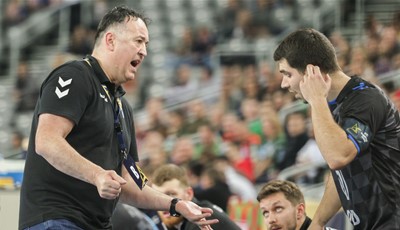
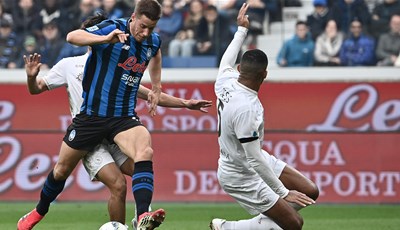



![[UŽIVO] Rijeka u završnici poluvremena ostala bez isključenih Petroviča i trenera Sancheza!](/photos/_resized/522/62/0000000000522622_400_230_cut.jpg)

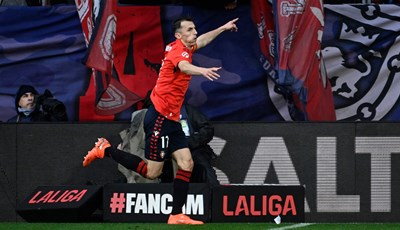
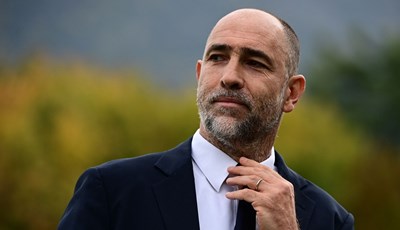
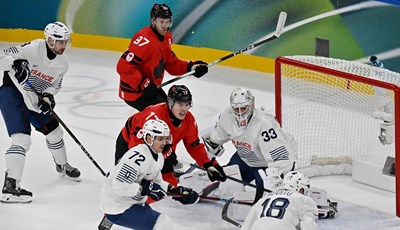






 ej u vlastitom gradu napadaju sa leđa i koriste noževe
ej u vlastitom gradu napadaju sa leđa i koriste noževe  koji zalizani papci su to......ova priča se poklapa sa više-manje svim
ostalim pričama engleskih navijača nakon gostovanja u Rimu.....kada bi
se god grupirali i stali na crtu talijančići bi nestali u mračnim
rimskim ulicama........to su miševi zadnji, a to koliko će ih ići u
Manchester na gostovanje svi znamo, doći će neki supporter Roma club
penzionera na privremenom radu na otoku i to je to........kada se samo
sjetim koliko ih je bilo u St ili u Bg odmah mi se
smuči.................a kako li su samo napadali Torcidu u Rimu,
uništavajući im aute dok su ovi bili na tekmi ili gađanjem kamenjima,
raznoraznim koktelima sa 50 m udaljenosti izbjegavajući svaki bliski
kontakt, mislim šta reći za talijansku hool scenu
koji zalizani papci su to......ova priča se poklapa sa više-manje svim
ostalim pričama engleskih navijača nakon gostovanja u Rimu.....kada bi
se god grupirali i stali na crtu talijančići bi nestali u mračnim
rimskim ulicama........to su miševi zadnji, a to koliko će ih ići u
Manchester na gostovanje svi znamo, doći će neki supporter Roma club
penzionera na privremenom radu na otoku i to je to........kada se samo
sjetim koliko ih je bilo u St ili u Bg odmah mi se
smuči.................a kako li su samo napadali Torcidu u Rimu,
uništavajući im aute dok su ovi bili na tekmi ili gađanjem kamenjima,
raznoraznim koktelima sa 50 m udaljenosti izbjegavajući svaki bliski
kontakt, mislim šta reći za talijansku hool scenu  ....Romini su kao na najgorem glasu, koji papci
....Romini su kao na najgorem glasu, koji papci 


